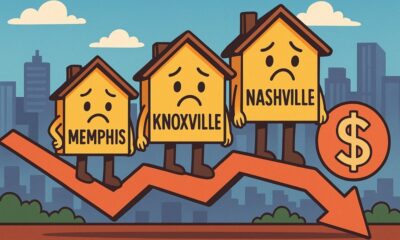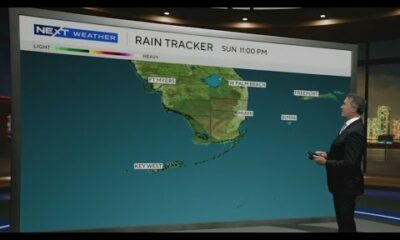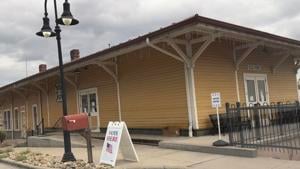(The Center Square) – Planning and response to Hurricane Helene with early voting already underway has been deemed worthy of an award for the North Carolina State Board of Elections.
Fifty-three programs from 258 nominations earned the Exemplary Contingency Planning and Emergency Response Efforts award from the U.S. Election Assistance Commission. Additionally, election boards in the counties of Buncombe, Currituck, Durham and Wake won 2024 Clearinghouse Awards, and those in Durham, Rockingham and Union counties earned honorable mention.
Helene killed 107 and caused an estimated $60 billion damage.
The storm made landfall as a Category 4 hurricane in Dekle Beach, Fla., on Sept. 26. It dissipated over the mountains of the state and Tennessee, dropping more than 30 inches in some places and over 24 consistently across more.
Election Day was six weeks away. The disaster area declared included 25 counties and coordination with the state board; county boards; lawmen on the federal, state and local levels; the state National Guard; the U.S. Postal Service; and information technology professionals on multiple levels.
Voter turnout in the 25 counties was 74.9%, a tick higher than the state average of 72.6%.
“We are extremely proud of the efforts of our state’s election officials and our partners to pull off a successful election under the most trying of circumstances,” said Karen Brinson Bell, the state board’s executive director. “Hundreds of thousands of western North Carolinians were able to vote in the important 2024 election because of state board planning, along with the hard work and resiliency of county election officials and the invaluable assistance of our emergency management and law enforcement partners.”
The award is a different kind of light for the state board.
Between July 22 and Sept. 12, seven lawsuits were filed against the state board of Democrats Alan Hirsch, its chairman, Jeff Carmon and Siobhan Millen; and Republicans Stacy Eggers and Kevin Lewis; and Bell. More followed the election and are still unresolved along with the state Supreme Court race between Democrat Allison Riggs and Republican Jefferson Griffin.
















































